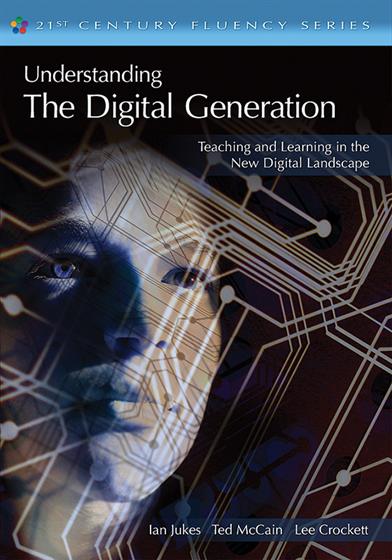Description
An innovative look at reshaping the educational experiences of 21st-century learners!
Inspiring thoughtful discussion that leads to change, this provocative resource for teachers and administrators examines how the new digital landscape is transforming learners and learning. It makes the case for rethinking teaching processes in the face of these emerging developments within an environment of standards, accountability, and high stakes testing, and for providing informed leadership that supports 21st-century learning.
The book provides strategies, ideas, and compelling viewpoints to help leaders deepen their understanding of how educational thinking and instructional approaches must translate into relevant classroom experiences for today's learners. Understanding the Digital Generation describes implementing educational approaches that build critical thinking skills, and discusses the role of digital media and technology used by students and how that fosters the crucial development of new 21st-century fluency skills. In reader-friendly terms, the authors provide:
- A comprehensive profile of digital learners' attributes
- An exploration of the concepts of "neuroplasticity" and the "hyperlinked mind"
- An approach to educational models that support traditional literacy skills alongside essential 21st-century fluencies
- An examination of appropriate methods of evaluation that encompass how digital generation students process new information
For staff developers leading study groups, this text provides powerful chapter-opening quotes, built-in questions, and additional tools to generate reflective dialogue and an open exchange of ideas.
Key features
Written to inspire and generate reflective dialogue that leads to change, this book:
- Explores what the latest neuroscience and psychological research suggests about students' use of digital media and the relationship to changes in the brain
- Helps to reconcile new information about brain development with instructional practices in the current environment of standards, accountability, and high-stakes testing
- Provides an entire chapter on the role of leadership
- Offers tools that leaders can use when facilitating book study groups, including thought-provoking discussion questions




